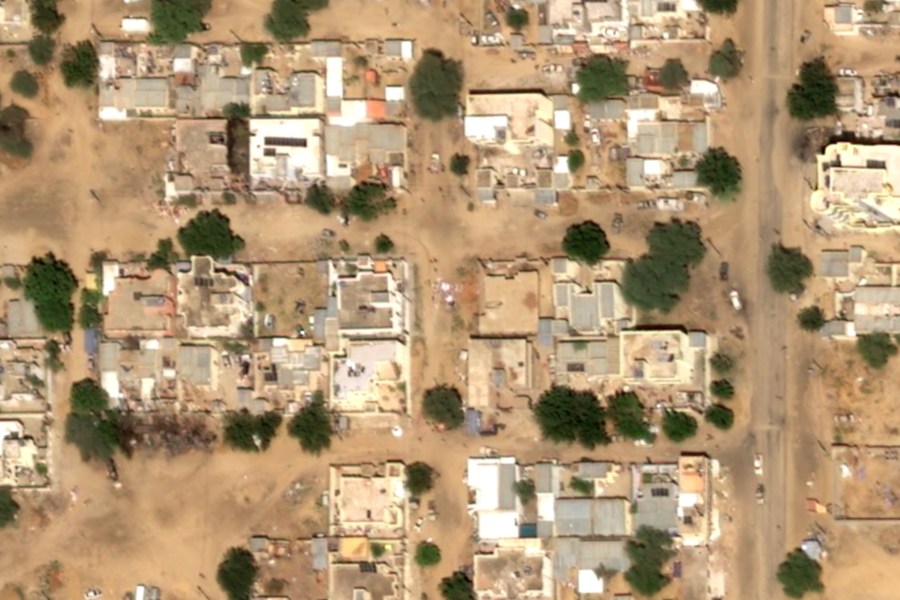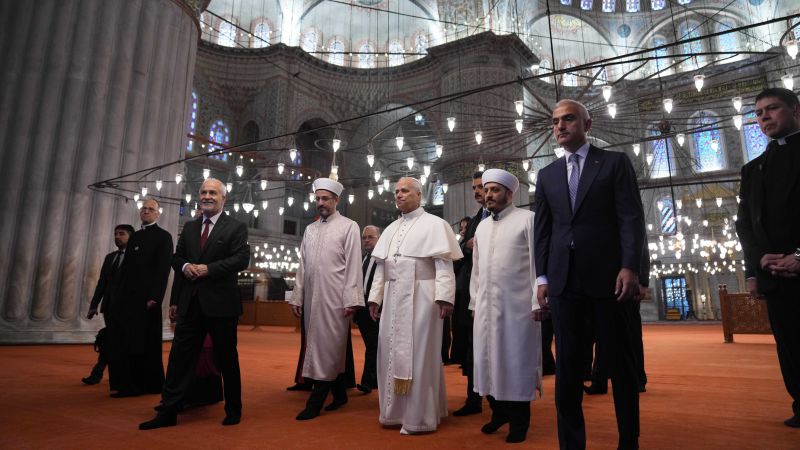The World Health Organization (WHO) has confirmed that more than 460 people were reportedly killed at a hospital in el-Fasher, the provincial capital of North Darfur, following its takeover by Sudanese paramilitary forces. This tragedy unfolded over the weekend, as the Rapid Support Forces (RSF) seized control of the city after a prolonged siege lasting over 500 days.
In a statement released on March 5, 2024, Tedros Adhanom Ghebreyesus, director-general of the WHO, expressed his profound shock and dismay at the reports. He emphasized the urgency and severity of the situation, noting that the victims included both patients and their companions at the Saudi Maternity Hospital. The WHO has called for immediate action and a thorough investigation into these grave incidents.
The takeover of el-Fasher has escalated concerns regarding the humanitarian crisis in Sudan. The RSF’s actions have compounded the suffering of civilians who have already endured months of violence and instability. Reports indicate that the situation in the region has deteriorated sharply, with many residents fleeing their homes to escape the ongoing conflict.
As the international community grapples with the alarming reports from Sudan, the WHO’s statement underscores the urgent need for accountability and protection of healthcare facilities. Hospitals should be sanctuaries, especially during times of conflict, and the attacks on such facilities are violations of international humanitarian law.
Humanitarian organizations are calling for immediate access to the affected areas to provide much-needed medical assistance and support. The escalating violence not only threatens lives but also disrupts essential health services, leaving vulnerable populations without care.
Local and international leaders are urged to prioritize peace efforts and work towards a resolution to restore stability in Sudan. The health and safety of civilians, particularly women and children, must be at the forefront of any diplomatic initiatives moving forward.
As the situation evolves, the WHO remains committed to monitoring developments and advocating for the protection of health workers and facilities in conflict zones. The organization has pledged to continue providing support to those affected by the violence in Darfur and to hold accountable those responsible for these egregious acts.





